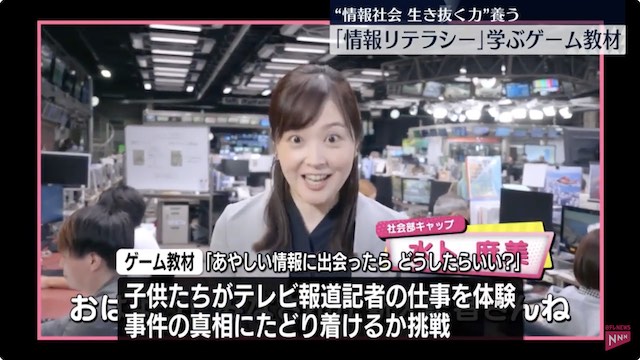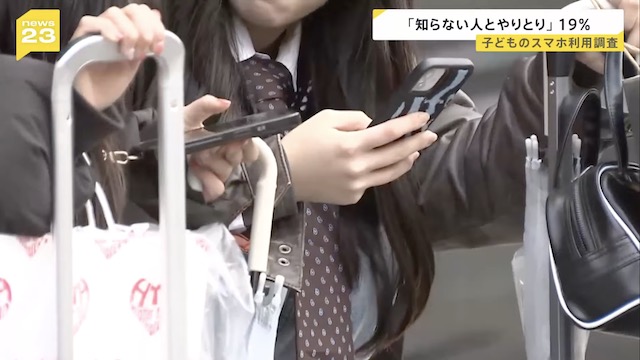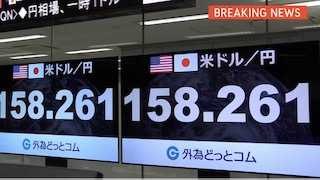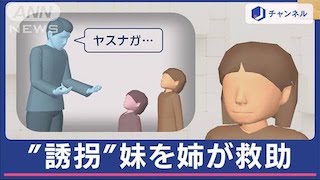TOKYO, Feb 10 (News On Japan) - In the age of digital communication, nuances can sometimes be lost or, conversely, unintentionally amplified. A message from a subordinate or junior colleague saying, "The train is delayed, and I might be a bit late," prompts a range of responses. But how do you reply?
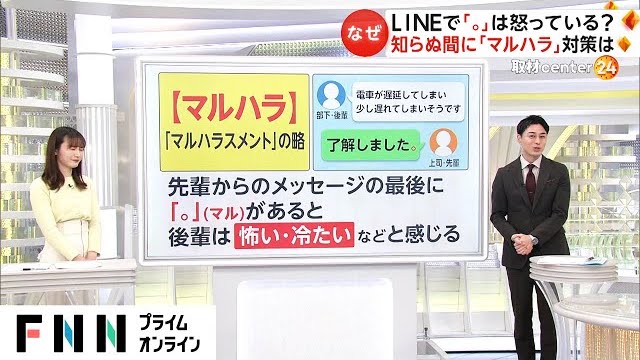
A common response, "Understood.", especially when sent through platforms like LINE, can unexpectedly convey a tone of anger, fear, or coldness to the recipient. This phenomenon, now being discussed as "Maru-Harassment" (or "Maru-Hara," with "maru" meaning circle or, in this context, period), highlights how the simple inclusion of a period can impart an oppressive impression.
But is the younger generation truly feeling harassed by punctuation? And what about those on the sending end of these messages — how do they perceive their own communication?
To explore these questions, we delved into the perspectives of both senders and receivers within the workplace. The findings reveal a generational divide in communication styles, with younger employees often interpreting a period at the end of a sentence as a sign of formality, distance, or even annoyance. Conversely, those sending messages with a period may simply view it as proper punctuation, unaware of the connotations it carries for their younger colleagues.
This gap in perception underscores the challenges of digital communication, where intentions can be misconstrued and the absence of verbal or physical cues can lead to misunderstandings. As workplace interactions increasingly move online, understanding the subtle dynamics of digital etiquette becomes crucial.
To bridge this gap, some suggest adopting a more conscious approach to digital communication, considering how messages might be received by different generations. Others advocate for open discussions about digital communication preferences within teams to establish a common understanding and avoid unintended "Maru-Harassment."
Source: FNN


